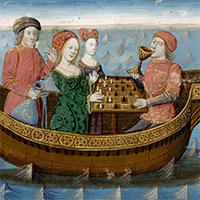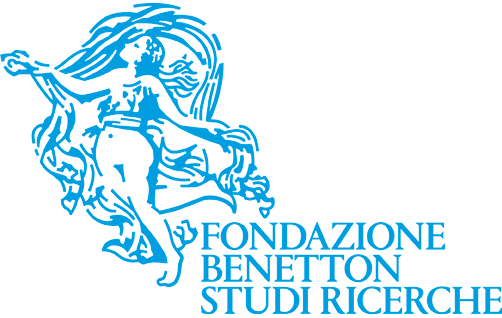
Gambling in the Middle and Modern Ages
Ethical and aesthetic models for Europe
on the occasion of the 30th anniversary
| - |
|---|
The international conference organized on Friday 17th and Saturday 18th November by the Foundation and scheduled to take place at Palazzo Bomben on Friday 17th and Saturday 18th November, in collaboration with the Centre de Recherches Historiques of Paris (CRH, EHESS) and the School of Languages, Cultures and Linguistics of University College Dublin (SLCL, UCD).
Recent studies on ethics in the Middle and Modern Ages have stressed the eminently practical value of the concept of morals, understood as a set of behavioural rules and precepts to be adhered to in civil society. Games play a fundamental role within this framework: in the daily practices of courtly and ordinary social milieux, in treatises dealing with male and female comportment, in games themselves and in the texts written to describe them, the relationship between games and morals, from both a narrative and a prescriptive point of view, is constantly being pointed out and underlined. This international, interdisciplinary conference – organized on the occasion of the 30th anniversary – sets out to propose new considerations, from a historiographical and other perspectives, of the ethical function attributed to ludic activities in the Middle and Modern Ages, of the many aspects it stressed and forms it took, and of the ways games were not only described but also interpreted and exploited in moral terms.
